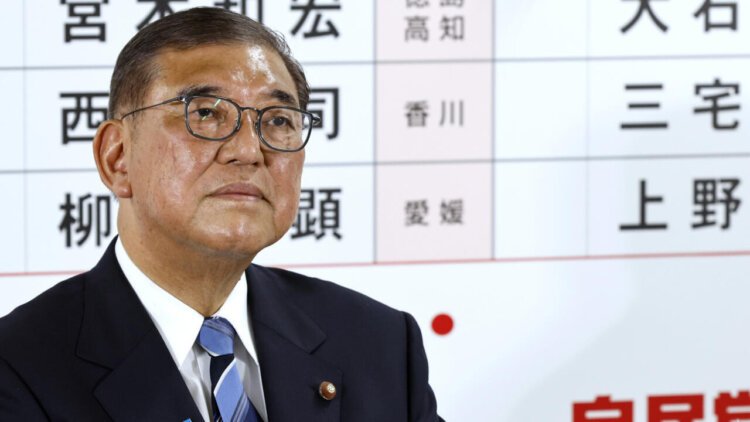Japan’s Prime Minister Shigeru Ishiba announced on Sunday that he will step down after less than a year in office, bowing to mounting pressure within the ruling Liberal Democratic Party (LDP) following a series of electoral setbacks.
“I have decided to resign from the position of president of the Liberal Democratic Party,” Ishiba said, confirming his decision to relinquish leadership of the long-dominant party, which has ruled Japan almost continuously since 1955.
The 68-year-old leader had been under intense pressure since the LDP lost its majority in both houses of parliament. According to NHK, Ishiba’s decision was aimed at preventing further divisions within the party, while the Asahi Shimbun reported he could no longer withstand calls for his resignation.
Party pressure mounts
Sources said Ishiba was urged to resign in a late-night meeting with the farm minister and a former prime minister on Saturday. Last week, four senior LDP officials, including party heavyweight Hiroshi Moriyama, also offered their resignations.
Prominent veteran Taro Aso, a former prime minister, was among those pressing for Ishiba to take responsibility for the election results. Opponents have already begun pushing for a new leadership contest, with lawmakers and regional officials expected to formally request it on Monday.
Although Ishiba’s term was due to run until September 2027, a leadership race will be triggered if enough support is gathered.
Rivals and succession speculation
The frontrunner to succeed Ishiba is Sanae Takaichi, a nationalist hardliner who was runner-up in the 2024 leadership election. She has all but declared her intention to run. Another potential candidate is farm minister Shinjiro Koizumi, who ranked just behind Takaichi in a recent Nikkei poll.
Public opinion, however, remains divided. A Nikkei survey at the end of August showed 52% of respondents did not want a leadership race, though Takaichi was considered the most “fitting” successor. Interestingly, Ishiba’s own cabinet had seen a rebound in support recently after striking tariff deals with the US and reversing Japan’s rice policy to boost production.
Public reaction and party challenges
Despite his decision, Ishiba’s supporters took to social media with the hashtag #IshibaDontQuit, urging him to stay on as a moderate voice in Japanese politics.
The LDP, already facing waning voter confidence, is grappling with rising prices, falling living standards, and corruption scandals that have tarnished its image. Voters have also drifted toward smaller populist parties such as Sanseito, further complicating the party’s grip on power.
Ishiba, a seasoned career politician, had finally secured the LDP leadership last year on his fifth attempt, promising a “new Japan.” His early resignation underscores the turbulence shaking Japan’s ruling establishment ahead of key political contests.



